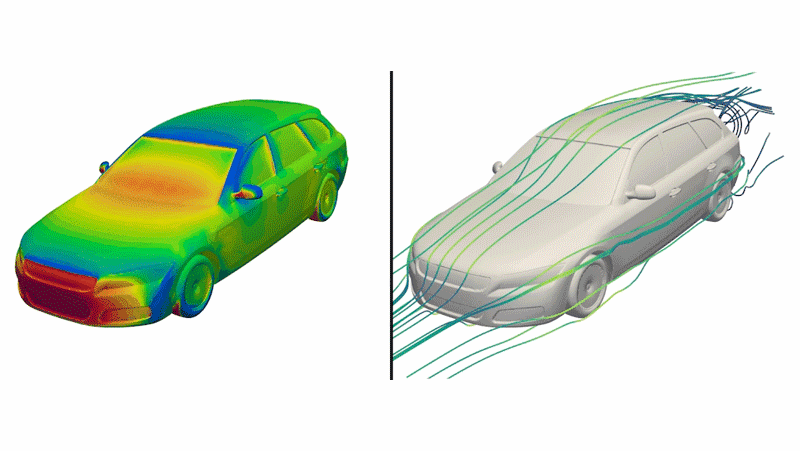IJMS, Vol. 24, Pages 5851: RVG Peptide-Functionalized Favipiravir Nanoparticle Delivery System Facilitates Antiviral Therapy of Neurotropic Virus Infection in a Mouse Model
International Journal of Molecular Sciences doi: 10.3390/ijms24065851
Authors: Meishen Ren You Zhou Teng Tu Dike Jiang Maonan Pang Yanwei Li Yan Luo Xueping Yao Zexiao Yang Yin Wang
Neurotropic viruses severely damage the central nervous system (CNS) and human health. Common neurotropic viruses include rabies virus (RABV), Zika virus, and poliovirus. When treating neurotropic virus infection, obstruction of the blood–brain barrier (BBB) reduces the efficiency of drug delivery to the CNS. An efficient intracerebral delivery system can significantly increase intracerebral delivery efficiency and facilitate antiviral therapy. In this study, a rabies virus glycopeptide (RVG) functionalized mesoporous silica nanoparticle (MSN) packaging favipiravir (T-705) was developed to generate T-705@MSN-RVG. It was further evaluated for drug delivery and antiviral treatment in a VSV-infected mouse model. The RVG, a polypeptide consisting of 29 amino acids, was conjugated on the nanoparticle to enhance CNS delivery. The T-705@MSN-RVG caused a significant decrease in virus titers and virus proliferation without inducing substantial cell damage in vitro. By releasing T-705, the nanoparticle promoted viral inhibition in the brain during infection. At 21 days post-infection (dpi), a significantly enhanced survival ratio (77%) was observed in the group inoculated with nanoparticle compared with the non-treated group (23%). The viral RNA levels were also decreased in the therapy group at 4 and 6 dpi compared with that of the control group. The T-705@MSN-RVG could be considered a promising system for CNS delivery for treating neurotropic virus infection.

 1 year ago
33
1 year ago
33


